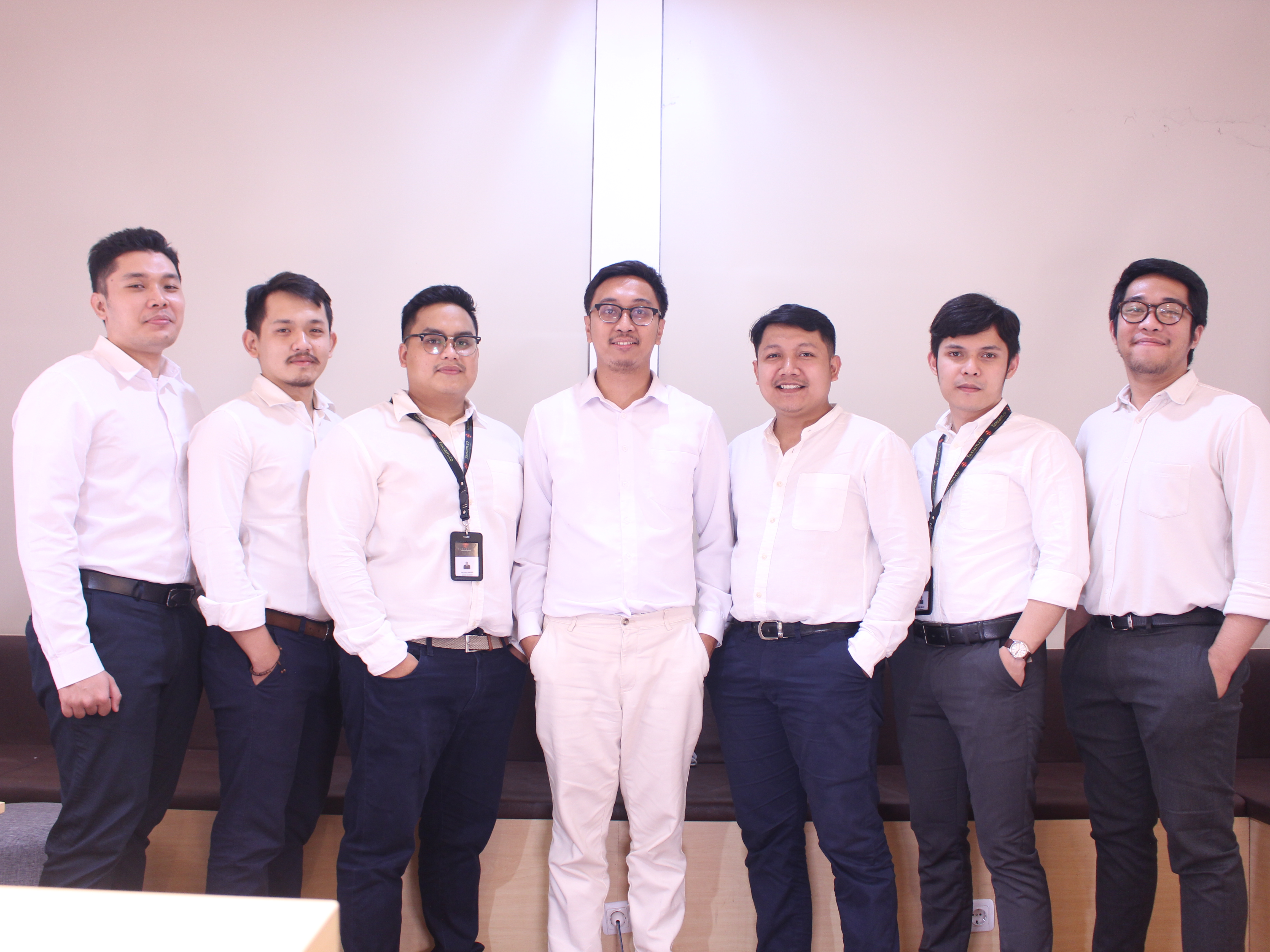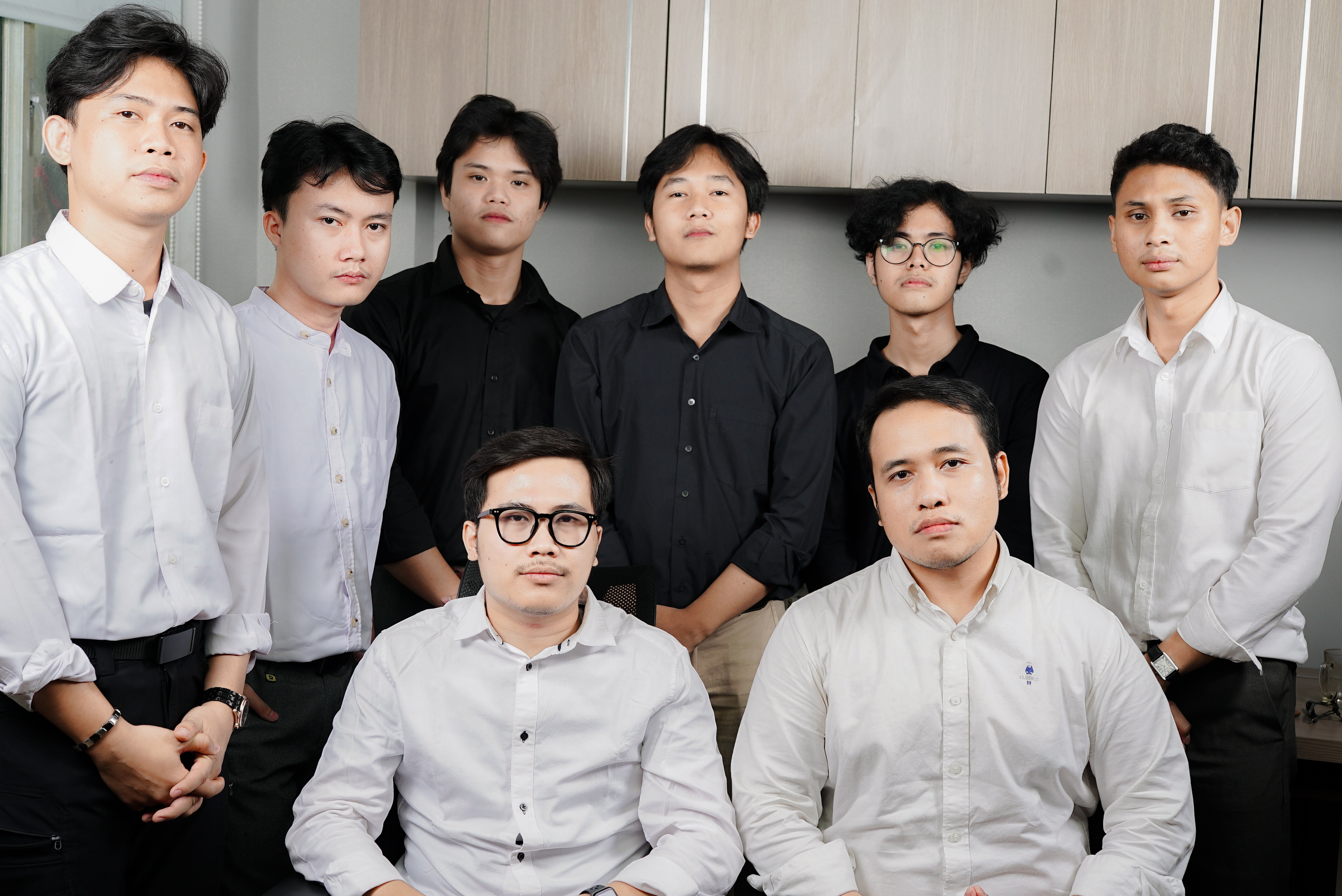Organizational Culture
The unique values that define who we are.
We are dedicated to building a zero-waste production cycle through the consistent application of sustainable and integrated farming practices.






The special
traits we possess
Every step with Taxsam is designed to give you the strength, style, and freedom.
Structured Decision-Making
Fast, efficient, and effective approach to withstand complex challenges.
Adaptive & Collaborative
Perfect balance of innovation and teamwork for optimal results.
Today's Decision
Better than tomorrow's perfect decision, giving you flow on any surface.
High-Performance Focus
Push further, deliver quickly. Built for long-term excellence.
Deliver quickly, perfection is not required
Iterate at every stage, and align with customer expectations.
Core Philosophy
Our core philosophy is excellence in business processes that are consistently adaptive, innovative, and collaborative, in order to enhance efficiency and effectiveness across the company.
This philosophy is derived from a combination of Continental European and Anglo-Saxon bureaucratic models, which emphasize structured and systematic values while remaining adaptive, innovative, and fast in decision-making.
It is also based on the recognition that the majority of human resources in Indonesia often lack strong work ethics and capabilities, making superior business processes a critical priority.

Our Core Values
Communication
- Courage to propose ideas;
- Be direct, simple, and consider the reliability of your proposal;
- Listen and understand before offering input.
Decision-Making
- Rational, systematic, and measurable;
- Identify root causes rather than focusing on symptoms;
- Apply the Five Whys (5 Why method) to justify decisions;
- Focus on relevant data, eliminate unnecessary data, and use intuition grounded in data;
- Strategic and long-term oriented.
Learning
- Independent—division head guidance becomes less relevant, because the main reason you were hired is to find answers, not to ask;
- Learn quickly, with a strong willingness to challenge the status quo;
- Contextual learning: understand the reasons behind knowledge rather than memorizing;
- Execute what you learn with the purpose of making the team the best—faster and more precise.
Courage
- Do not fear being called foolish when proposing ideas—if that happens, it means you must learn more;
- You are on a mission of global and moral significance—every action you take matters. Show genuine care for your ideas and why they are important. Others will see your sincerity;
- Make decisions while smartly assessing risks.
Passion
- Motivated to deliver excellent work (strive for excellence);
- Deeply committed to the company’s success;
- Optimistic, persistent, confident, open, and humble.
Company Interest
- Prioritize the company’s interests above personal interests;
- Stay focused on company work, whether pursuing a career (professional compensation growth) or entrepreneurship (profit sharing opportunities) as development paths within the company;
- Stay open to discovering new ideas that enhance efficiency and effectiveness.
Innovation
- Generate new ideas and prove their value to the company;
- Approach problems from different perspectives to find creative solutions;
- Desire meaningful change;
- Challenge existing concepts, ideas, and operations by offering better approaches;
- Enable the company to move faster through process simplification.
Inclusion
- Collaborate effectively with people from diverse backgrounds;
- Preserve unique personal characteristics and view differences as strengths;
- Recognize that everyone can be wrong, biased, or limited—work together to overcome these challenges.
Integrity
- Transparent, non-political, original, with a strong candor culture;
- Speak truthfully to colleagues—avoid speaking behind others;
- Acknowledge mistakes openly;
- Share relevant information honestly without fear of errors being exposed.
Impact
- Deliver work that has an outstandingly positive impact on the company, quickly and accurately;
- Demonstrate consistent performance excellence that inspires others;
- Focus on business processes and results gaps—if a process is flawed, evaluate and improve it immediately.
Strong Teams
Freedom and Responsibility

Get The Freebie
We reject indifference toward cleanliness, responsibilities outside one's scope, or anything that may seem irrelevant individually but impacts the company collectively.

Learn From Me
Freedom, authority, and information are provided to support decision-making, balanced with accountability and discipline to ensure optimal company performance.

Take The Course
Order, structure, and systematic processes are our core values—but they do not restrict freedom for innovation, collaboration, and creativity.

Crystallization of Innovation
Order in business processes must be seen as the crystallization of innovation, creativity, and collaboration, so that standards and processes can evolve for efficiency and effectiveness.

Continuous Adaptation
We recognize that business processes can become outdated. It is our collective responsibility to adapt and improve them. Processes should remain simple. Simple is not easy—it still requires control, supervision, and improvisation to achieve outcomes that are the fastest, most accurate, and the best.

Decision Matrix
In our high-risk professional industry, processes exist to minimize errors. This does not limit creativity. You simply need a decision-making matrix: strict standards for high-risk/high-impact decisions, and greater freedom for low-risk/low-impact ones.
speed and accuracy in decision-making are essential. However, all strategic decisions must first be communicated to the Company Director for input.
LEARN MOREwith subsequent reporting to the Director.
LEARN MOREas it can slow the company. Instead, refer to the decision-making matrix-based on risk and impact analysis. We encourage leaders to act quickly and accurately, guided by this risk-impact framework.
LEARN MORE
We encourage open debate,Every member is expected to present ideas, opinions, and reasons for disagreement, while also offering more efficient and effective solutions.
Once a leader makes a decision, you are expected to fully support its success. Along the way, monitor data to analyze efficiency and effectiveness. Adapt if a decision proves ineffective. Disagreement without debate is unacceptable-it harms productivity and is not tolerated in our company.
